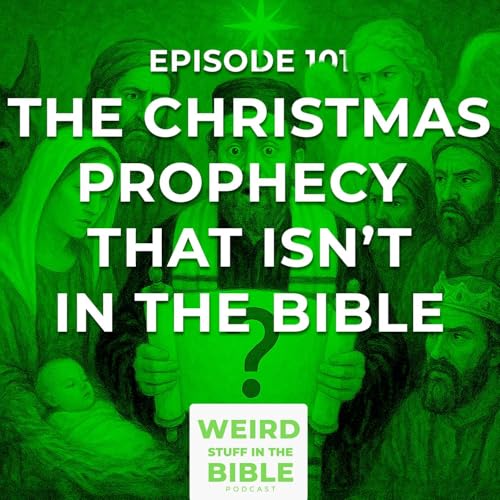Forever is a long time.
It’s especially a long time if you’re in hell.
And so we need to make sure we’ve got this doctrine right.
Revelation 14:11 says of the people in hell
the smoke of their torment goes up forever and ever
Jude 7 says Sodom and Gomorrah
serve as an example by undergoing a punishment of eternal fire
One of the traditional Christian teachings is that hell is (1) eternal, (2) conscious, and (3) torment.
This is probably the mainline Christian teaching in most denominations, but yet, there are a number of Christians who don’t believe hell can last forever. Or if it does, that the people there couldn’t possibly be conscious. And if they are, then it must not be all torment.
And so they come up with alternative doctrines like annihilationism or purgatory- which may not be technically biblical, but they sound a whole lot more palatable to our modern 21st Century mindsets than the uncomfortable view of God sending people to an eternal wrath.
That sounds a bit over-the-top. Would God really do that? Why would a finite amount of sins deserve an infinite amount of punishment. We gotta figure this out.
Because eternity is way too long to get this hell thing wrong.
I find this doctrine of eternal conscious torment be weird, and I’d like to explore whether it’s in the Bible.
And also, whether the Book of Enoch might help us to shed a little more light on it.
Turn to Revelation 14, and let’s get weird.
Sign up for the weekly newsletter! Get additional insights and Bible study tips for unpacking strange things in scripture. Enter your email here:
https://weirdstuffinthebible.beehiiv.com/
Check out the website! www.weirdstuffinthebible.com
0:00 - Introduction
2:00 - Eternity is Too Long to be Wrong
6:15 - Objection 1, Annihilationism
10:40 - Objection 2, Hell isn’t Loving
14:10 - Enoch 2-5
19:05 - Objection 3, Infinite Punishment for Finite Sins
24:15 - Next Time
25:20 - Closing Thoughts
Visit the Weird Stuff store!
https://luketaylorpodcasts.creator-spring.com
You can also find a list of past newsletters at that same link so you never have to miss one.
If you want to get in touch, my email is weirdstuffinthebible@gmail.com
Hosted by Luke Taylor
If you’re intrigued by strange Bible stories, uncovering Bible mysteries, or learning about unusual biblical teachings, this podcast is for you! Dive deep into weird Bible facts, biblical controversies, and the supernatural in the Bible, while exploring the hidden stories of the Bible you may have never heard. Get a fresh perspective as we explain the Bible in ways that challenge the norm and uncover the unexpected. I’m so glad you’re here- don’t forget to SUBSCRIBE so that you never miss an episode!
 Feb 4 202631 mins
Feb 4 202631 mins Jan 28 202627 mins
Jan 28 202627 mins Jan 21 202628 mins
Jan 21 202628 mins 28 mins
28 mins 56 mins
56 mins Dec 31 202517 mins
Dec 31 202517 mins Dec 17 202524 mins
Dec 17 202524 mins 21 mins
21 mins
